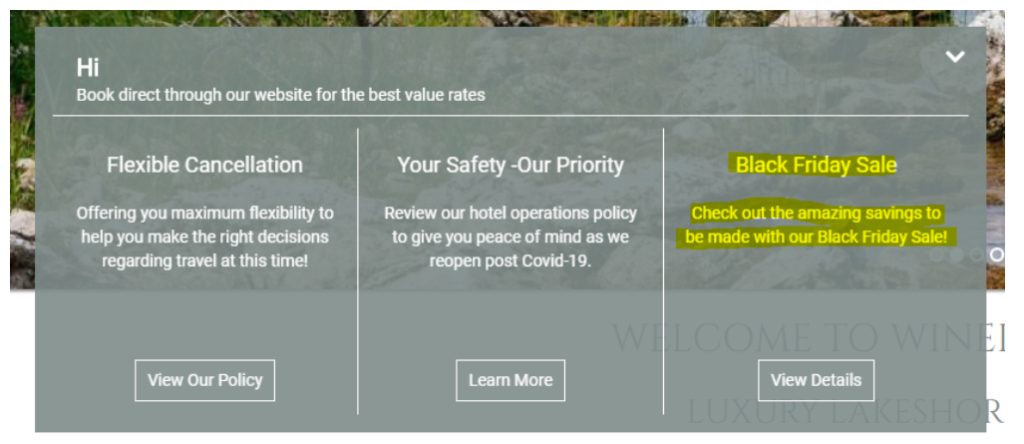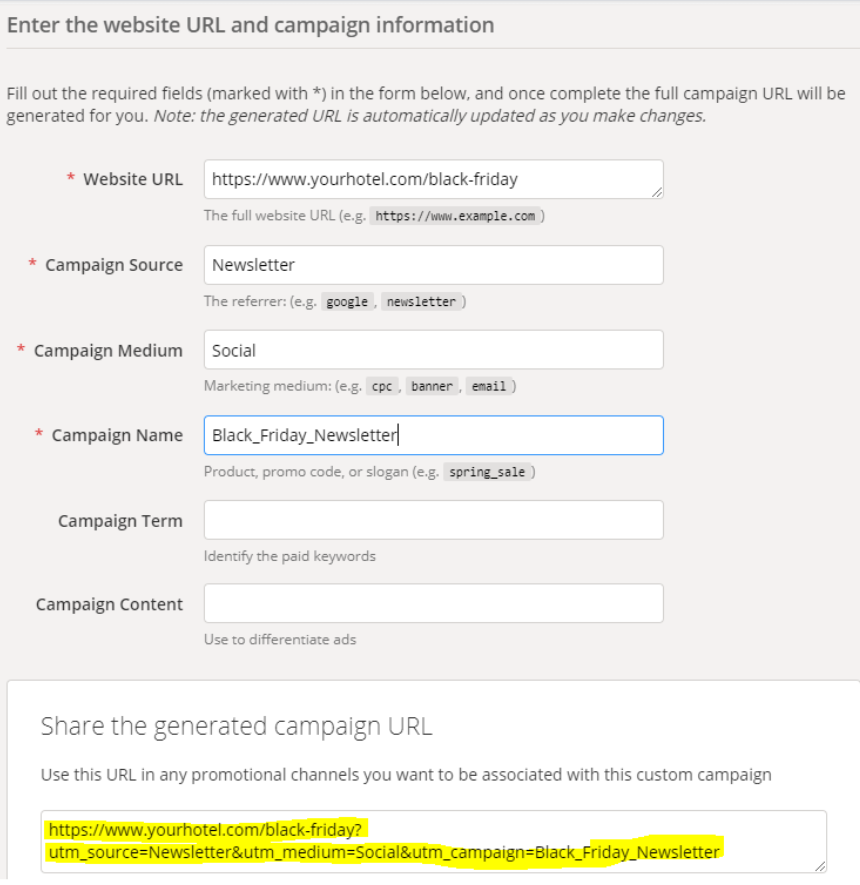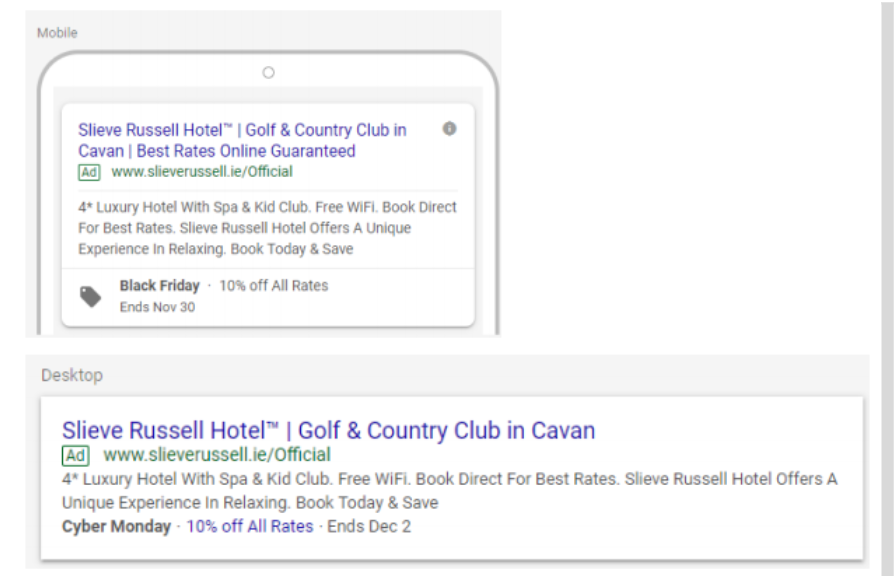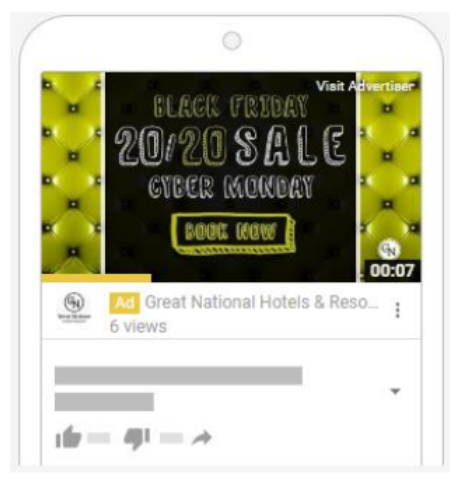
Black Friday, traditionally an American event after Thanksgiving that is always the fourth Thursday in November, was once synonymous with long queues and raucous shoppers. Over the last decade, it has become an online phenomenon.
NB: This is an article from Avvio
The increased consumerism that we see over the Thanksgiving weekend is now on a global scale, becoming particularly successful thanks to online shopping.
Some early insights into Black Friday in 2020 indicate large increases in volume this year. Amazon’s own version of Black Friday, known as “Amazon Prime Day” saw significant increases from 2019. This usually takes place in July, but the recent Pandemic meant they had to reschedule to October 13th. Despite the disruptions, Amazon didn’t see any impact on sales as revenue grew $10.4 billion – up +45.2% from 2019 and +148.2% from 2018.
With the increase in interest and spend on Prime Day deals, more people shopping online than ever before, and the likelihood of an online only Black Friday due to COVID-19 restrictions (particularly in Europe), all signs indicate to large increases in search volume & spending during the Black Friday/Cyber Monday period in 2020.
Subscribe to our weekly newsletter and stay up to date
Black Friday Global Interest

Black Friday Irish Interest

Black Friday UK Interest

Check-list for Black Friday Success
1) Create the webpages early
Google needs time to find and index your page so make sure to create it early. We would also suggest adding a Cyber Monday page too, as this offers a new opportunity for ranking in the search engine results pages.
>> Use the Google URL Inspection Tool to ensure that your new web pages are able to be crawled by Google.
2) Follow the SEO Best Practices
Once your page is created, make sure it adheres to best practice. As a rule of thumb, each page should include more than 350+ words, and include the keywords you’d like to rank for organically.
3) Use a recurring URL
As Black Friday & Cyber Monday recur annually, you should use the same pages every year. Not only does this save your team time, it also provides the best chance for ranking organically as pages build up organic authority over time. Avoid dates in the URL to make sure your content is evergreen. For example, use /black-friday, not /black-friday-2020.
4) Create a discounted rate or voucher package
Black Friday is all about sales, and hotels which make the discount readily apparent will reap the best results. Make sure to highlight the discounted price by using strikethrough pricing, which ensures the discount is clear at point of purchase. Link this Black Friday discount off of your new Black Friday webpage created above for optimal visibility.
5) Use Allora
The Allora recommender engine is a great way of highlighting your Black Friday offer on the home page of your website. Just create a custom ‘Black Friday’ widget and set it to appear for all levels of visitor (soft lead, new visitor, returning visitor etc.). This means anyone who visits your website will see it and the widget itself can be deep linked into your new Black Friday page. You can replace the Black Friday widget with a Cyber Monday widget which links to your new Cyber Monday page for even further sales.

6) Include a relevant, high quality image
Add a strong Black Friday image on your webpage which will grab consumers attention.
>> For details around image best practices check out the Google Images best practices and Images Web Fundamentals.
7) Recrawl the page
Once the steps above are completed, you should ask Google to recrawl your page to help get it indexed quicker.
8) Plan your home page graphics
Ensuring your campaign has enough visibility is vital to success. Make sure the sale is front & centre on your website, through strong imagery on the home page, or use of a sale tag. This will help direct traffic that may have found your site through other means to your sale campaigns.
9) Launch your Email Campaign first
Send an email newsletter to your database to make them aware of your new offer before your competitors target them. Given the success of Amazon Prime Day 2020, we would suggest running your Black Friday for a longer period than 1 day and to send an exclusive ezine to your database as early as the first week in November.
Use the Campaign URL Builder tool to make sure to track the impact of your email campaign. This tool tells Google that your web traffic is from a specific email, helping you measure the impact of your campaigns. You can configure your offer as follows and used the new URL highlighted in yellow as the link in your email.

10) Target your ads on Social Media
Your social followers have already expressed an interest in your products/services so make sure to create a Black Friday campaign. Target those who have been on your site within the last 180 days, to make the most of your remarketing audiences. Expand this with those that have liked or engaged with your Facebook & Instagram pages for the best results.
11) Customise your Google Search Ads campaigns
There are a number of ways in which you can promote your Black Friday via Google Search Ads. One way to do this is to include Black Friday sitelink extensions and price extensions, so that searchers for your hotel are aware of the offer before they ever click through to your site. This is fantastic for click through rate of the ads. Another way is to target specific Black Friday keywords. However, as Black Friday is such a popular online shopping day, the cost-per-click can be very high.
Using extensions can save on budget, while also entice the people most likely to convert (i.e. the people searching the keywords that you’re targeting).

12) Run Google Display & Video Ads
The success of Black Friday depends on visibility. Using Google Display and/or Video ads allows you to show enticing image and video based ads to your target audience. The targeting can be refined by region, demographic & interests, allowing a highly defined campaign.

13) Always Analyse Afterwards
Use your booking engine reports to understand sale patterns. How did your conversion rate differ from your base performance, and what was the most popular rate sold? Also, use Google Analytics to get a better understanding as to who interacted with your offer. This will help you when planning your Black Friday promotion campaign for next year.




